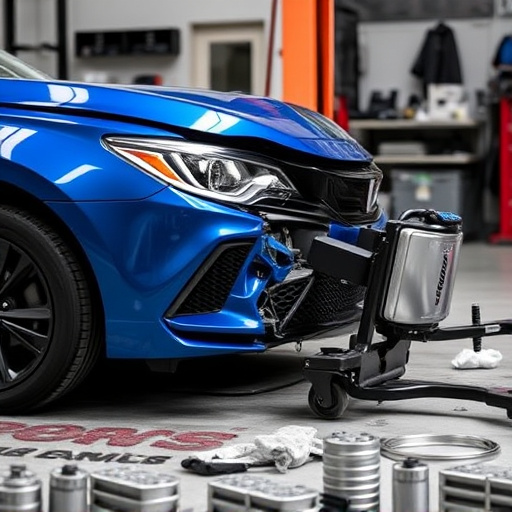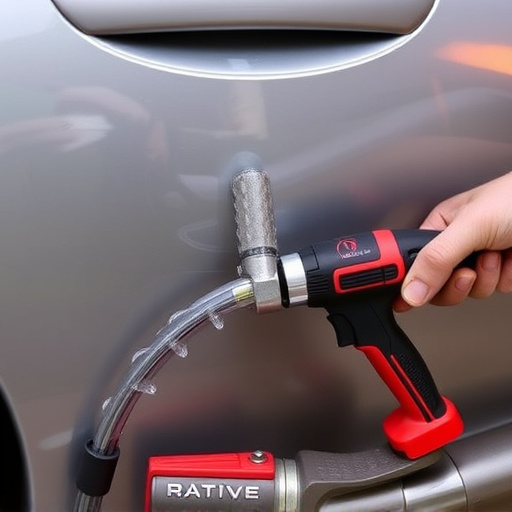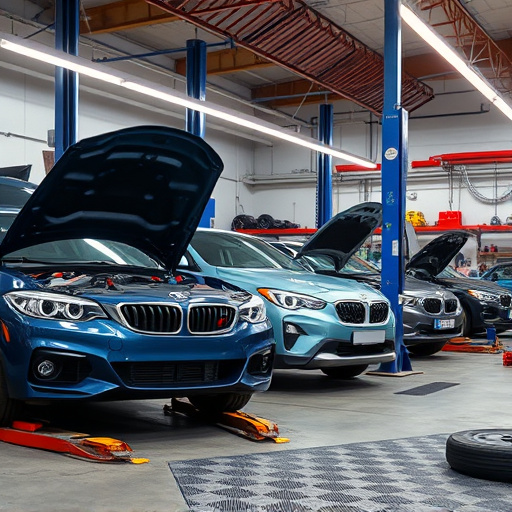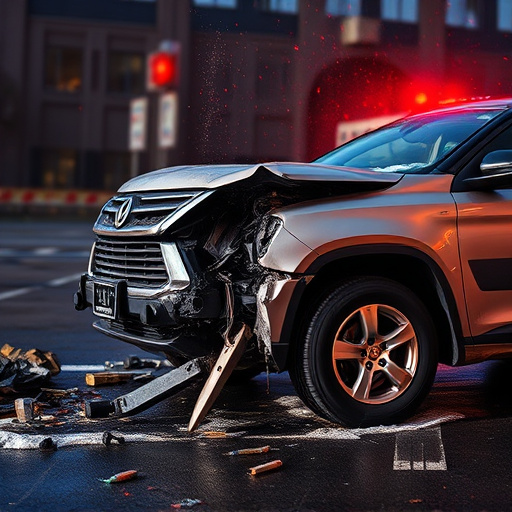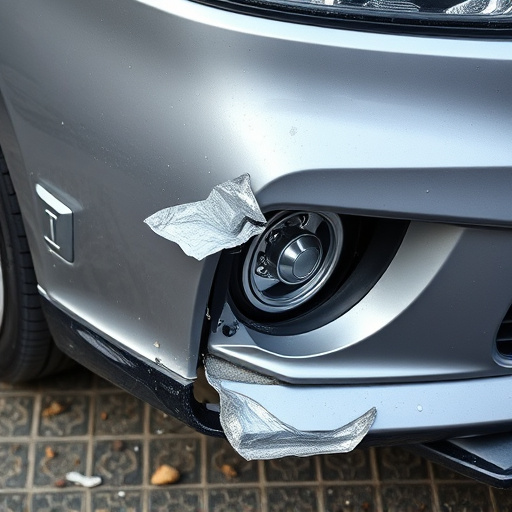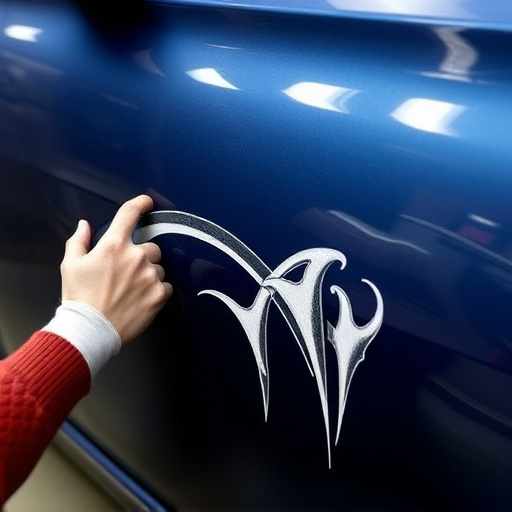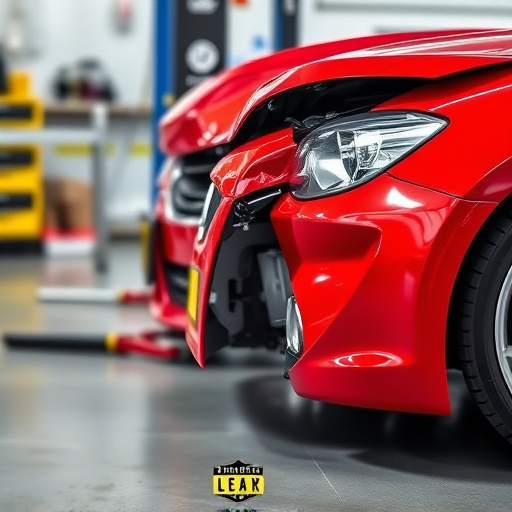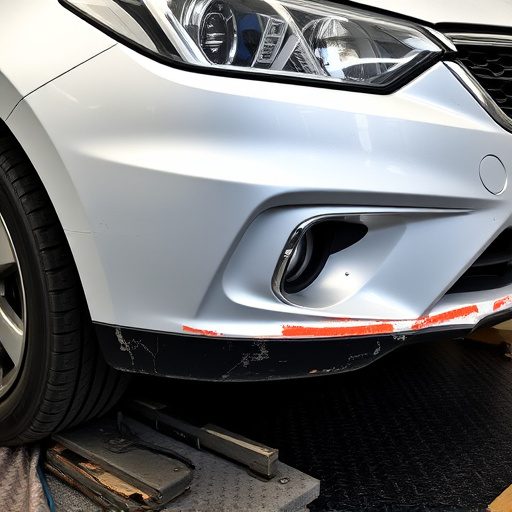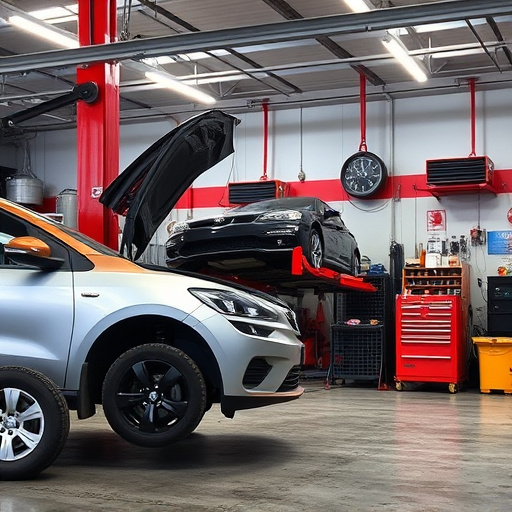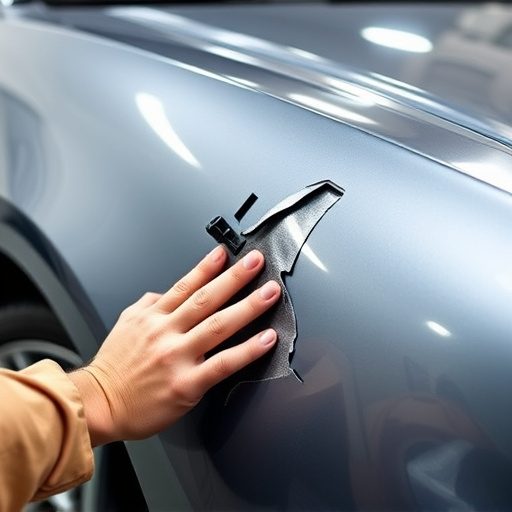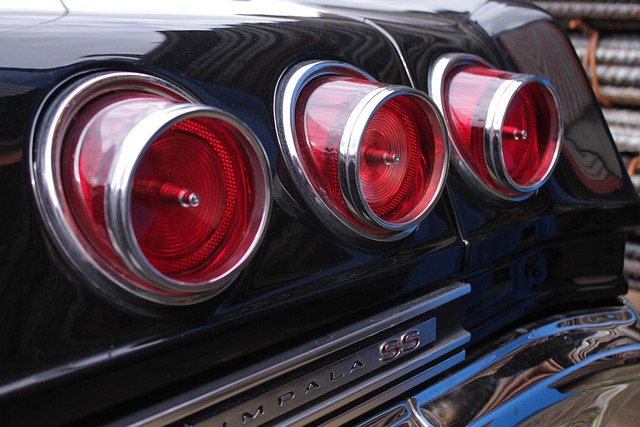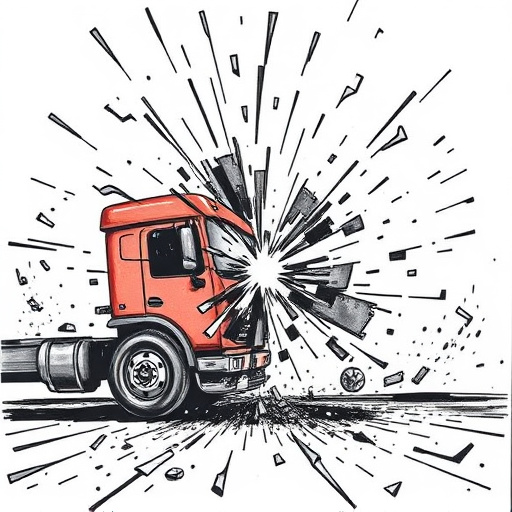Collision repair certification is a crucial step for entering or advancing in the automotive sector, with varying global and regional standards. Programs include education, training, and hands-on experience, culminating in written exams and practical assessments. Myth-busting shows that certified technicians are valued by shops of all sizes for quality repairs and enhanced customer satisfaction. Certifications open doors to lucrative opportunities, advanced specializations, and higher salaries in a competitive job market.
“Unraveling the complexities of collision repair certification programs is essential for both aspiring auto technicians and industry enthusiasts. This article aims to guide you through the myths and realities, offering a comprehensive insight into what it takes to become certified. From understanding the fundamental requirements to exploring the myriad benefits, we delve into the world of collision repair training. By debunking common misconceptions, we empower individuals to make informed decisions regarding their careers in this dynamic field.”
- Understanding Collision Repair Certification Requirements
- Debunking Common Myths About Certification Programs
- Benefits and Career Opportunities for Certified Technicians
Understanding Collision Repair Certification Requirements
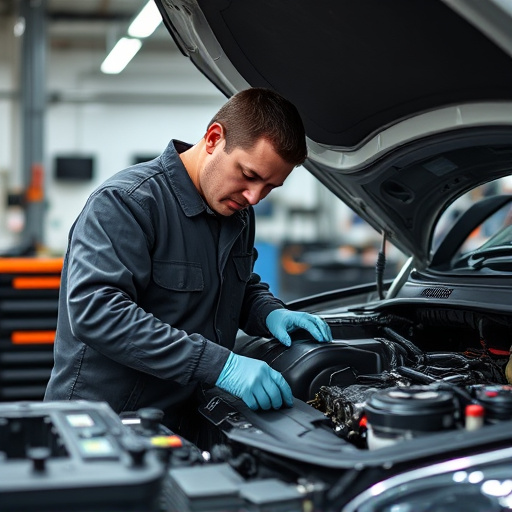
Collision repair certification is a crucial step for individuals aspiring to enter or advance their careers in the automotive industry, particularly in car collision repair and vehicle restoration. Understanding the requirements of these programs is essential as they vary depending on the region and the specific type of certification sought. Each country and even some states have their own set of standards and guidelines governing collision repair certification.
The typical path to becoming a certified collision repair technician involves a combination of education, training, and practical experience. Many institutions offer specialized programs that cover various aspects of car body repair, including metalworking, painting, and electronic systems. These programs ensure that individuals gain the necessary skills and knowledge to handle modern vehicle restoration techniques safely and efficiently. Upon completion, candidates are assessed through written exams and practical demonstrations to validate their proficiency in collision repair practices.
Debunking Common Myths About Certification Programs
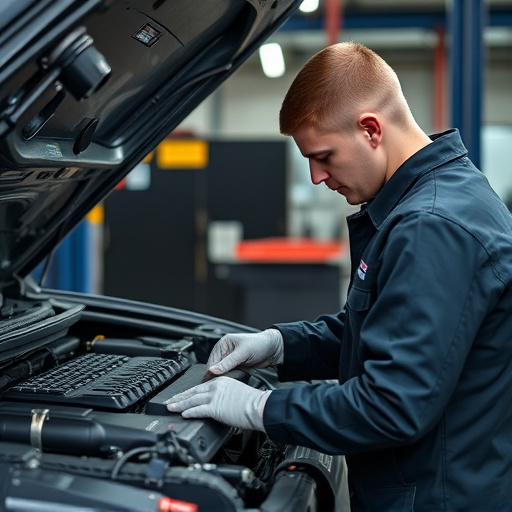
Many aspiring collision repair technicians shy away from pursuing certification programs due to persistent myths that cloud their understanding. It’s essential to separate fact from fiction when considering this career path. One prevalent misconception is that certification isn’t necessary for success in collision repair, which couldn’t be further from the truth. These programs are designed to equip students with specialized knowledge and practical skills, ensuring they can tackle a wide range of car bodywork issues, from minor fender benders to complex dent removal procedures.
Another common myth is that only large, well-established shops require certified technicians. However, in today’s competitive market, many smaller facilities are also seeking qualified professionals with recognized certifications. This ensures not only high-quality repairs but also enhances customer satisfaction and retention. By dispelling these myths, aspiring technicians can confidently embark on their journey towards becoming skilled and certified collision repair specialists, ready to handle any car dent removal or bodywork challenge that comes their way.
Benefits and Career Opportunities for Certified Technicians
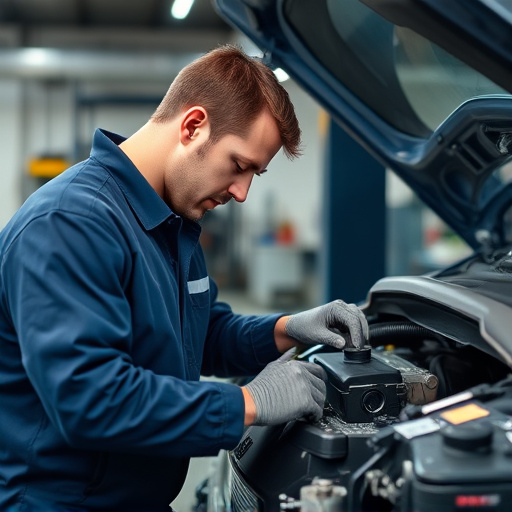
Certified collision repair technicians enjoy numerous benefits that set them apart in a competitive job market. Beyond ensuring they meet industry standards and best practices, certification demonstrates expertise and commitment to excellence. This can translate into better job opportunities, including positions at leading auto shops, insurance companies, and specialized repair centers. Certified professionals often command higher salaries due to their advanced skills in areas like vehicle body repair, bumper repair, and other intricate bodywork tasks.
With a collision repair certification, technicians open doors to diverse career paths. They can specialize in specific areas such as frame straightening, paint technology, or even advanced electronics repair in modern vehicles. The ability to manage complex repairs and handle high-damage scenarios enhances their employability and potential for leadership roles within the industry. These advantages not only contribute to personal growth but also ensure that certified technicians stay ahead of evolving technologies and standards in vehicle bodywork.
Collision repair certification programs play a pivotal role in equipping technicians with the knowledge and skills needed to excel in the automotive industry. By understanding the requirements, dispelling myths, and leveraging the benefits of certification, individuals can embark on rewarding careers as competent and trusted collision repair specialists. These programs serve as a robust foundation for professional growth, enabling certified technicians to navigate the ever-evolving landscape of vehicle restoration with confidence.
